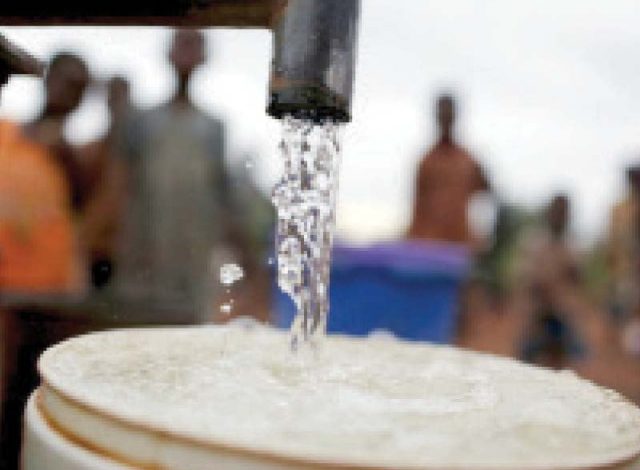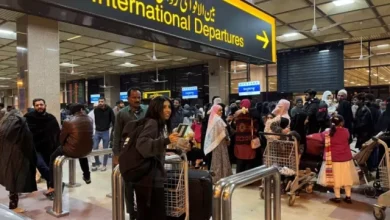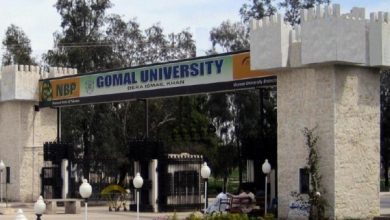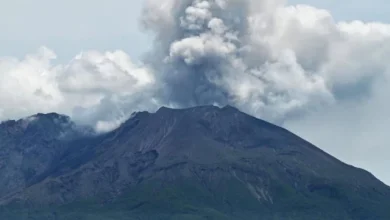Karachi at risk of 100MGD water shortfall as Dhabeji Station sees another breakdown

Recurring breakdowns at pumping station leave millions without water, citizens forced to rely on tankers
The execution agency of the K-IV project has been changed from Karachi Water and Sewerage Board of Sindh government to the Water and Power Development Authority. PHOTO: FILE
The metropolis might face a shortfall of nearly 100 million gallons of water per day (MGD), after another major power breakdown at K-Electric’s Dhabeji Pumping Station on Sunday, officials of the Karachi Water and Sewerage Corporation (KWSC) warned.
The breakdown was reported in the second phase of the pumping station at 6.35am, a KWSC spokesperson said. Line No 5 was affected and two pumps in the second phase have stopped functioning.
KWSC has said that repair work on the affected line will be carried out on an emergency basis, and assured that the administration was making every effort to complete it quickly. Once repairs are done, the spokesperson added, the station’s system will return to normal function.
Read: No power at power stations, no water in pipes
Earlier this month, the K‑III Pumping House at Dhabeji remained inoperational for 36 hours due to a cable fault.
Dhabeji is not just any pumping station – it’s one of the city’s most critical water supply hubs, serving major areas like Korangi, Landhi, Gulshan-e-Iqbal, Shah Faisal Colony, Scheme 33, Old City Area, Malir, Liaquatabad, and Nazimabad.
Power disruptions and technical faults at Dhabeji have repeatedly caused massive water losses. In June 2025 alone, a fault left over 350 million gallons of water unpumped over four days, according to KWSC.
Another major crisis occurred when authorities shut down 10 pumps at Dhabeji in May to repair an 84-inch main pipeline that had burst. The shutdown caused a daily supply shortfall of 200 million gallons, and over three days, the cumulative loss was estimated to be 700 million gallons.
Read More: No end in sight to city’s water woes
Moreover, even after repairs, recurring issues persisted. Pipeline No 5, which had previously burst, leaked again, triggering another shortage of roughly 100 million gallons per day.
Of late, maintenance work across key water supply lines has also had a ripple effect: repairs at Dhabeji recently disrupted supply so badly that Karachi was reportedly deprived of 500 million gallons of water per day, affecting nearly 70% of the city in February this year.
These recurring breakdowns are not just technical failures – they translate directly into suffering for Karachi’s residents. When water supply is interrupted, many citizens are forced to rely on expensive private tankers just to have water in their homes.



